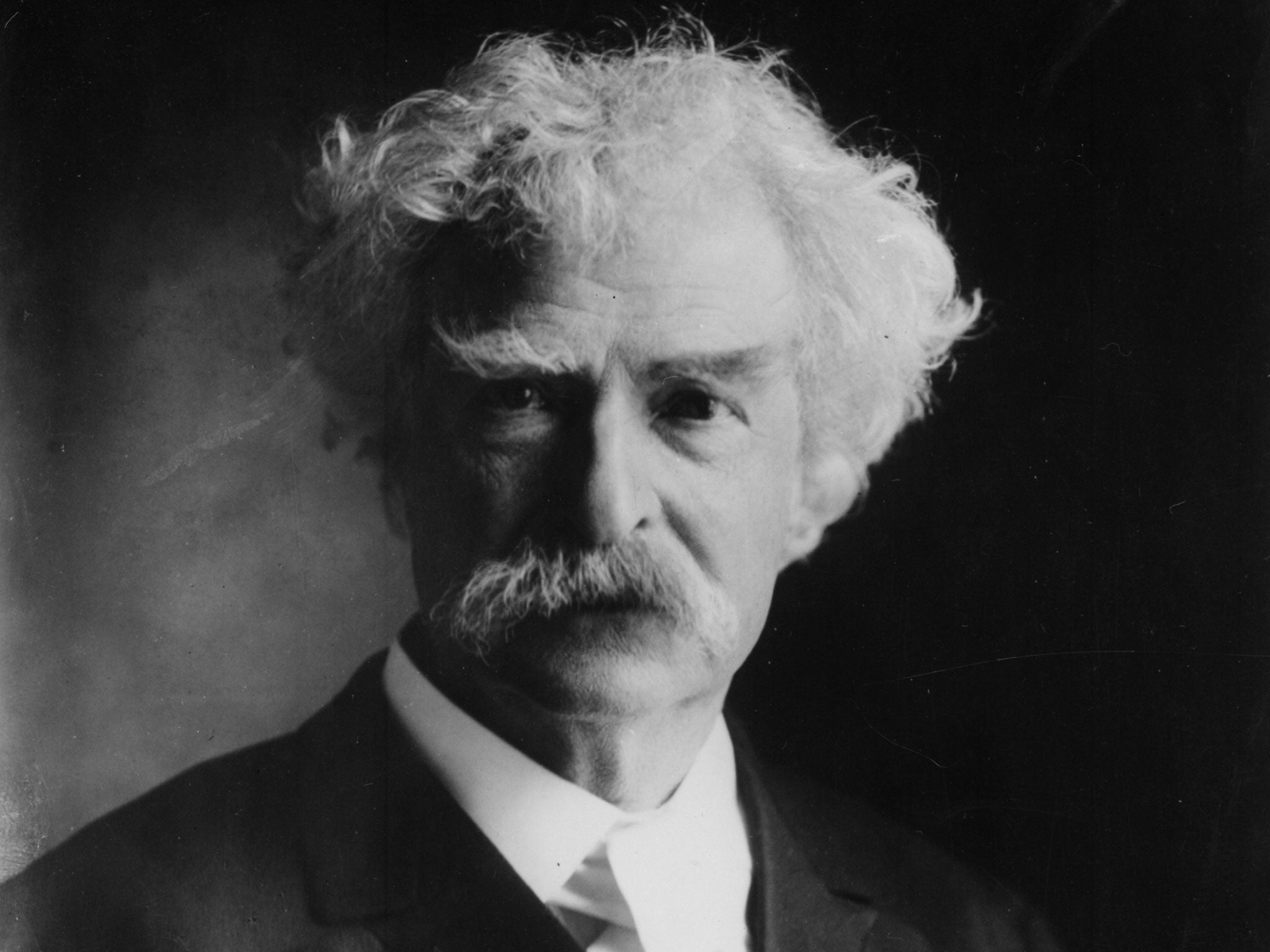Still with us: the peculiar embarrassment of the premature obituary
Sometimes, the media reports the death of a public figure – or even a private one – when he or she is very much alive. Obits editor Chris Maume explains how it happens

It's every obituaries editor's worst nightmare: printing a piece when the subject is still very much with us. It's never happened while I've been the Independent's obituaries editor and I can only hope and pray that it never will.
Sven-Olof Svensson's recent recovery from illness can't have been helped when he read his own obituary in the local newspaper, the Jonkopings-Posten in southern Sweden.
It turned out that his sister had spoken to doctors after he'd checked himself into hospital feeling unwell. She'd somehow come away with the impression that Sven-Olof had passed on and written his obit. After it had appeared, a friend went to collect his things and found him alive and well.
There are hundreds of instances of deaths being prematurely reported – probably the most famous was Mark Twain, who came up with the famous line about reports of his death being exaggerated – but few of them have reached the obituary stage and even fewer of those have been in print, where there's generally a little time to check these things properly. Dave Swarbrick, the Fairport Convention singer and violinist, was recovering from a serious illness in a Coventry hospital in 1999 when the Daily Telegraph printed his obituary – a glowing one, as it happens. He was unperturbed (though perhaps he might not have been so phlegmatic if they hadn't been nice about him). "It's not the first time I've died in Coventry," he observed.
Sometimes it can be due to names being confused. In 1920 The Times printed an obituary of Lord Desborough, the sportsman and politician. In fact it was the barrister Lord Bessborough who'd died. Lord Desborough lived for another 25 years.
The most consequential case occurred 125 years ago when Ludvig Nobel died. Several papers published obituaries of his considerably more famous brother Alfred – the inventor of dynamite – and they weren't kind: "The merchant of death is dead" was one headline. Stung, Alfred took stock of his life and decided he'd rather be remembered for something good. So when he did die, the bulk of his estate went to setting up the prizes that still bear his name.
The case of Marcus Garvey, the black nationalist leader, was tragic: after he suffered a stroke in 1940 he read his obituary in the Chicago Defender, which described him as "broke, alone and unpopular". Supposedly as a result, he suffered a second stroke and died for real.
Mostly it's websites and rolling news channels, with their rapid turnaround, which blunder, George HW Bush and Sharon Osbourne being two high-profile victims, with advance pieces accidentally appearing on the Der Spiegel website and on ABC News respectively. CNN, though, wins the all-comers record. In 2003, it accidentally posted obituaries for Fidel Castro, Dick Cheney, Nelson Mandela, Bob Hope, Gerald Ford, Pope John Paul II and Ronald Reagan on its website. What was worse, the advance pieces had used the Queen Mother's obituary as a template and bits of hers made it into bits of theirs – the Pope's love of racing was noted, while Cheney was describe as "the UK's favourite grandmother".
The Queen Mother, who had died the previous year, had form in this respect, having had her own death prematurely announced in Australia in 1993, when a Sky News employee in London saw a rehearsal for her future death in progress. He thought it was for real, rang his mum Down Under and she alerted the media there.
Over in southern Sweden, Sven-Olof Svensson took it on the chin when it happened to him.
"We are all on the same road," he observed philosophically. "Sooner or later you are going to end up in the obituary section."
Preferably, though, when dead.
Join our commenting forum
Join thought-provoking conversations, follow other Independent readers and see their replies
Comments
Bookmark popover
Removed from bookmarks